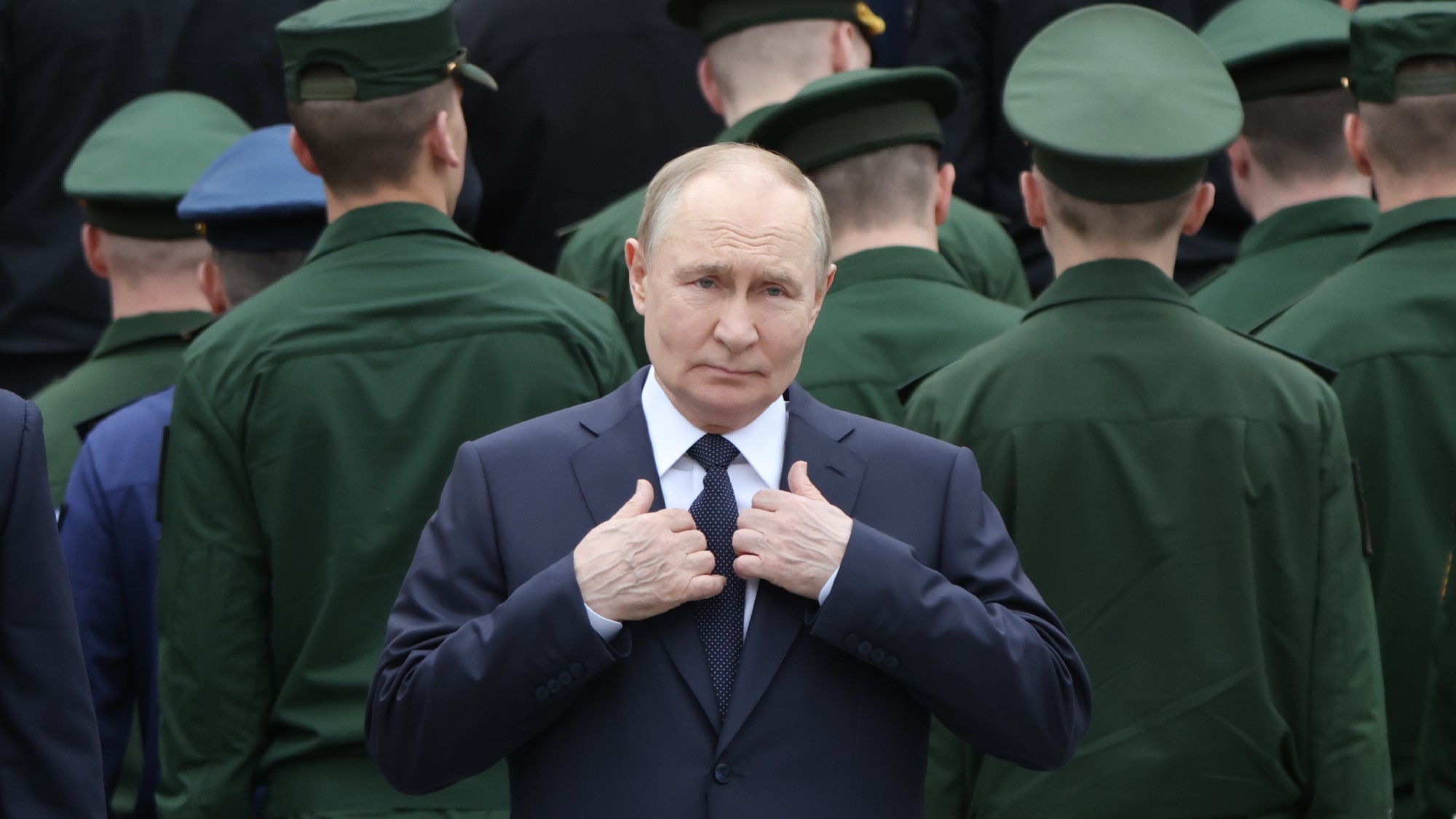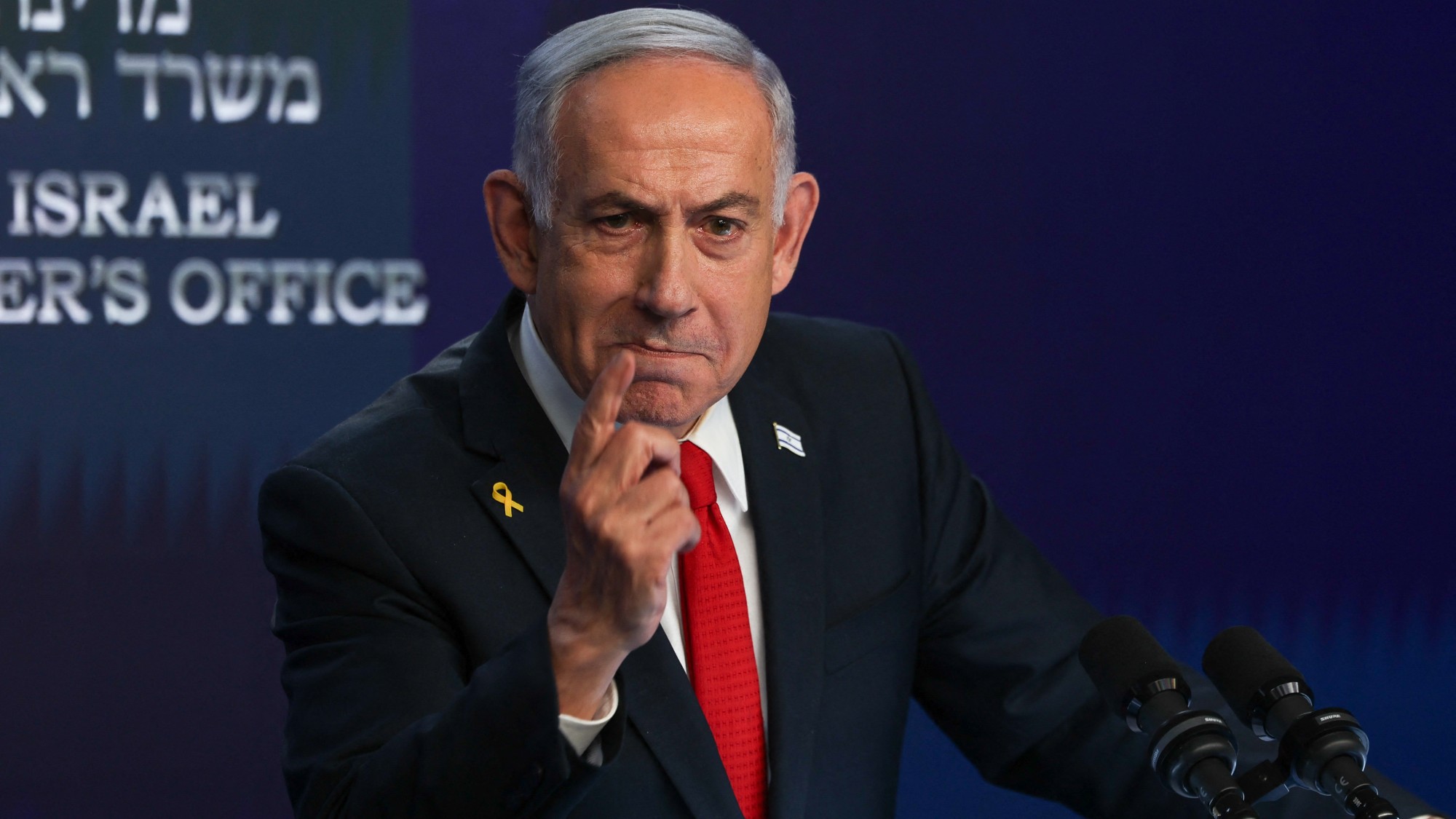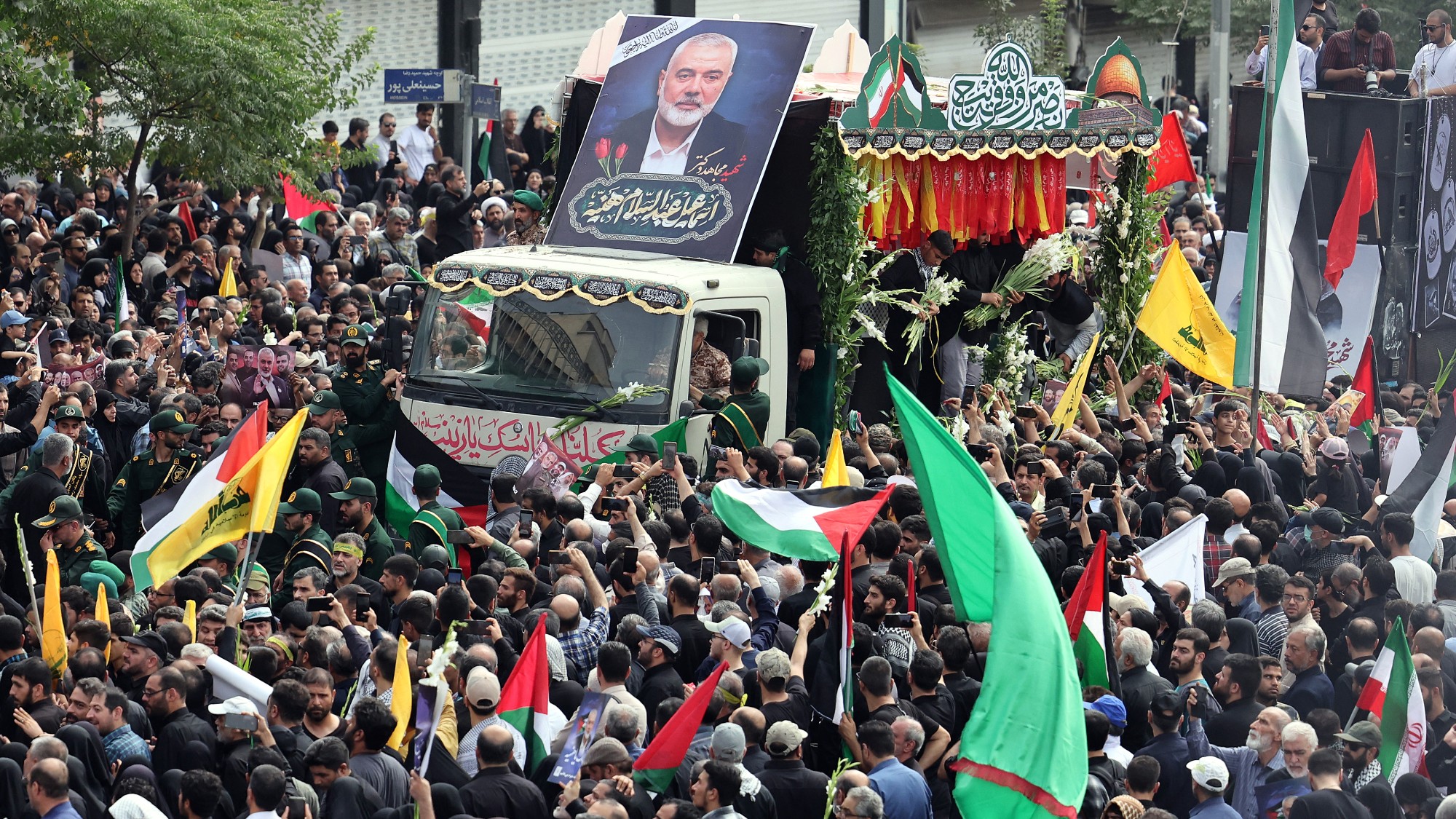How Iran is quickly catching up with Russia's election meddling capabilities


A free daily email with the biggest news stories of the day – and the best features from TheWeek.com
You are now subscribed
Your newsletter sign-up was successful
Former Special Robert Mueller's Wednesday testimony had one unmistakeably takeaway: Russian election meddling is a massive threat.
American intelligence officials agree that the Russian government interfered in the 2016 presidential election, and as Mueller put it Wednesday, they're continuing to do so "as we sit here." But more countries than just Russia are capable of attacking the U.S. electoral system, and they've been doing so for years, a report from The Washington Post reveals.
On Wednesday, Mueller warned that Russia's 2016 interference "wasn't a single attempt," and that "many more countries" were already borrowing its tactics. Those countries include "Saudi Arabia, Israel, China, the United Arab Emirates, and Venezuela," researchers tell the Post — though "it's often not clear" if official governments or other actors are doing the meddling. But with "rising tensions between Iran and the United States," it has become clear that Tehran will only become a bigger player in spreading disinformation across American social media, human rights lawyer Simin Kargar tells the Post.
The Week
Escape your echo chamber. Get the facts behind the news, plus analysis from multiple perspectives.

Sign up for The Week's Free Newsletters
From our morning news briefing to a weekly Good News Newsletter, get the best of The Week delivered directly to your inbox.
From our morning news briefing to a weekly Good News Newsletter, get the best of The Week delivered directly to your inbox.
Like Russian social media operations, Iranian disinformation accounts have often expanded from state-run operations. But unlike Russia's, they tend to voice only one side of a political issue, mostly taking the side opposite President Trump's, the Post notes. For example, "of 1,666 Iranian accounts taken down by Twitter in June ... Trump was mentioned more than 1,400 times — almost always in critical ways," the Post writes. And these operations aren't going anywhere. As Kagar put it, "I wouldn't be surprised if the Iranians weren’t trying to expand their operations for the coming election" and "trying to harness as much division as possible."
Read more about Iran and Saudi Arabia's disinformation campaigns at The Washington Post.
A free daily email with the biggest news stories of the day – and the best features from TheWeek.com
Kathryn is a graduate of Syracuse University, with degrees in magazine journalism and information technology, along with hours to earn another degree after working at SU's independent paper The Daily Orange. She's currently recovering from a horse addiction while living in New York City, and likes to share her extremely dry sense of humor on Twitter.
-
 Political cartoons for February 14
Political cartoons for February 14Cartoons Saturday's political cartoons include a Valentine's grift, Hillary on the hook, and more
-
 Tourangelle-style pork with prunes recipe
Tourangelle-style pork with prunes recipeThe Week Recommends This traditional, rustic dish is a French classic
-
 The Epstein files: glimpses of a deeply disturbing world
The Epstein files: glimpses of a deeply disturbing worldIn the Spotlight Trove of released documents paint a picture of depravity and privilege in which men hold the cards, and women are powerless or peripheral
-
 How long can Nato keep Donald Trump happy?
How long can Nato keep Donald Trump happy?Today's Big Question Military alliance pulls out all the stops to woo US president on his peacemaker victory lap
-
 How far would Russia go for Iran?
How far would Russia go for Iran?Today's Big Question US air strikes represent an 'embarrassment, provocation and opportunity' all rolled into one for Vladimir Putin
-
 How the Israel-Iran conflict broke out
How the Israel-Iran conflict broke outThe Explainer Israel's strike on Iran's nuclear and missile programmes was years in the planning
-
 Will the UK get involved in the Israel-Iran conflict?
Will the UK get involved in the Israel-Iran conflict?Today's Big Question Keir Starmer is 'walking a tightrope' in helping Israel limit Tehran's nuclear capabilities without being seen to do so
-
 What happens if Israel attacks Iran?
What happens if Israel attacks Iran?TODAY'S BIG QUESTION Israel is 'ready to strike' and Tehran has plans for counterattacks against the US as nuclear talks appear deadlocked
-
 Russia and Iran 'up the ante' after meeting in Turkmenistan
Russia and Iran 'up the ante' after meeting in TurkmenistanThe Explainer Two nations talk up their closer ties but some in Tehran believe Putin 'still owes' them
-
 Israel's wars: is an end in sight – or is this just the beginning?
Israel's wars: is an end in sight – or is this just the beginning?Today's Big Question Lack of wider strategic vision points to 'sustained low-intensity war' on multiple fronts
-
 Iran and Israel: is all-out war inevitable?
Iran and Israel: is all-out war inevitable?Talking Points Tehran has vowed revenge for assassinations of Hamas and Hezbollah leaders, but Gaza ceasefire could offer way out
